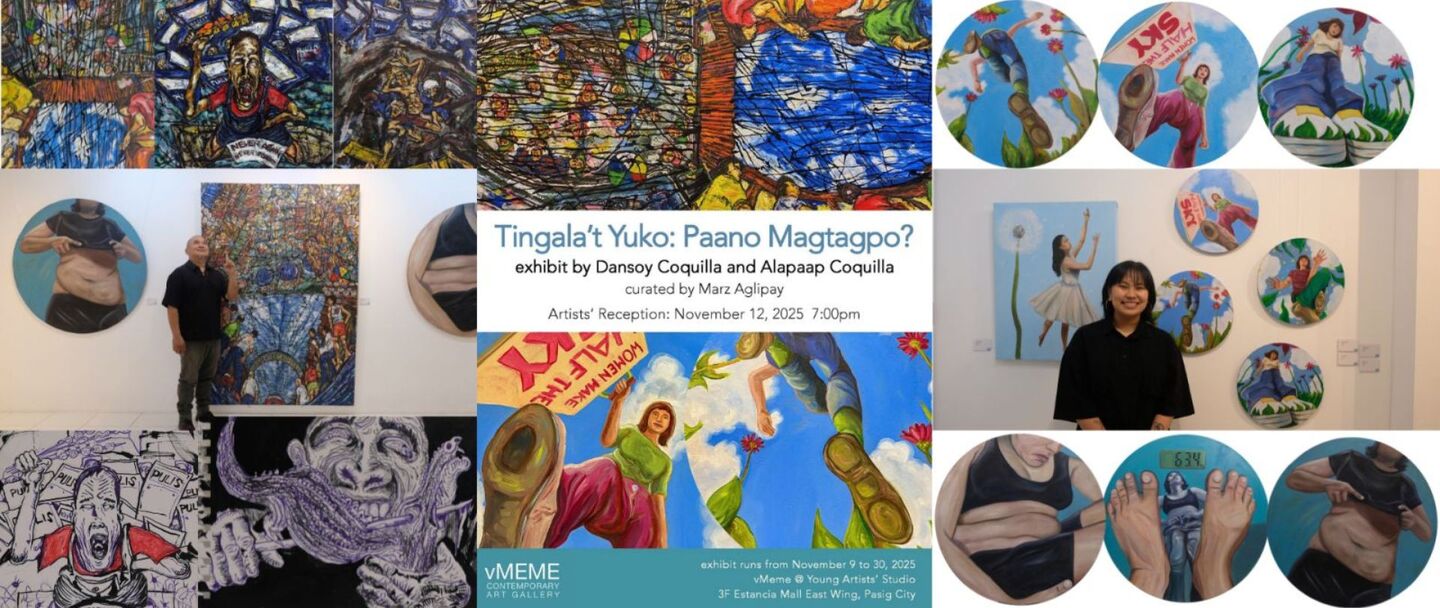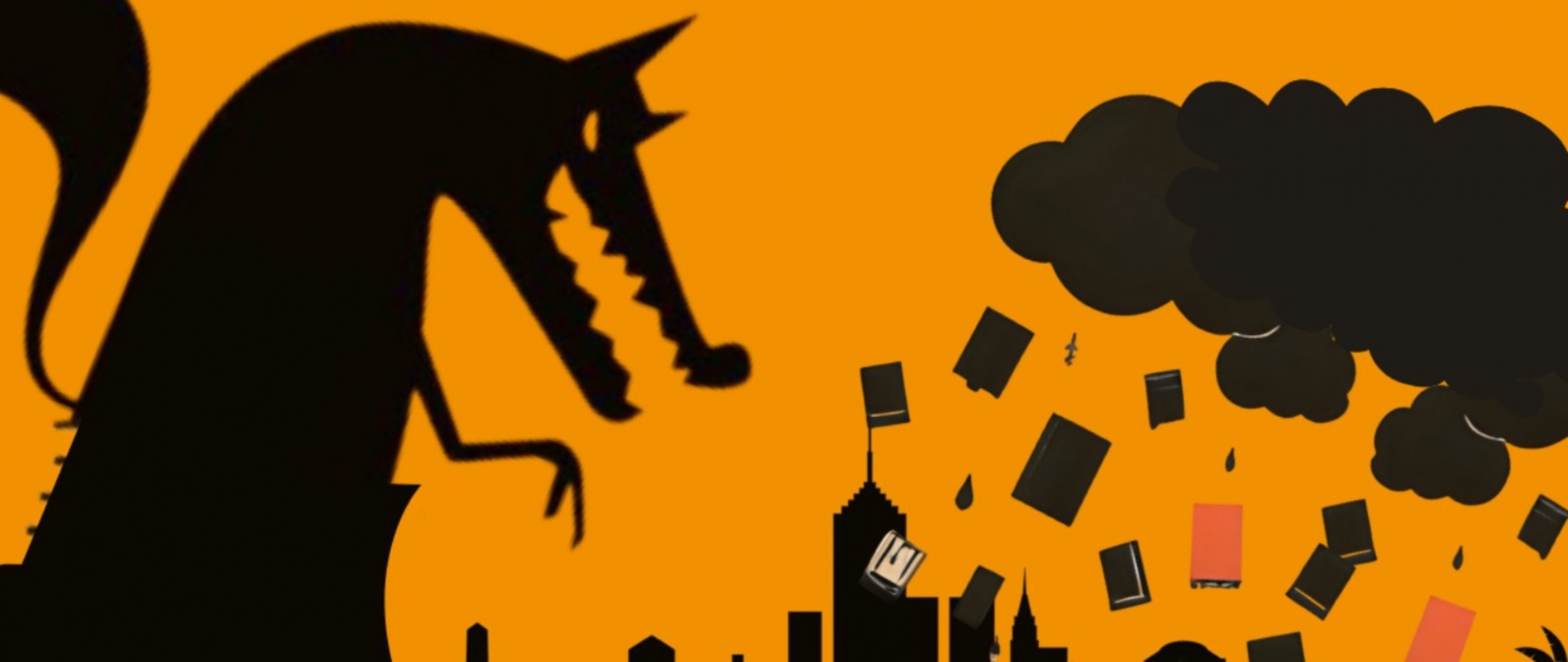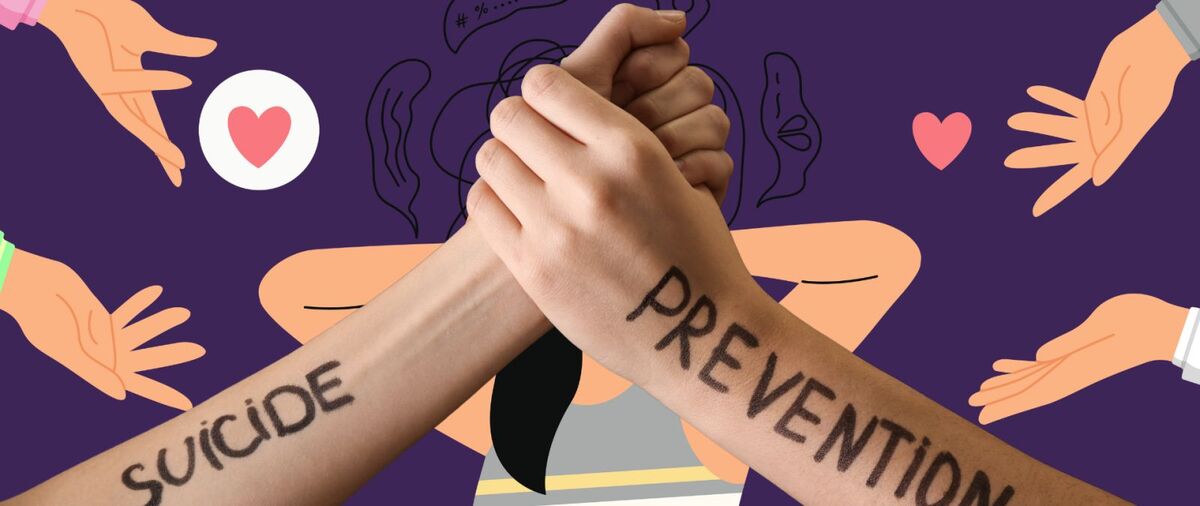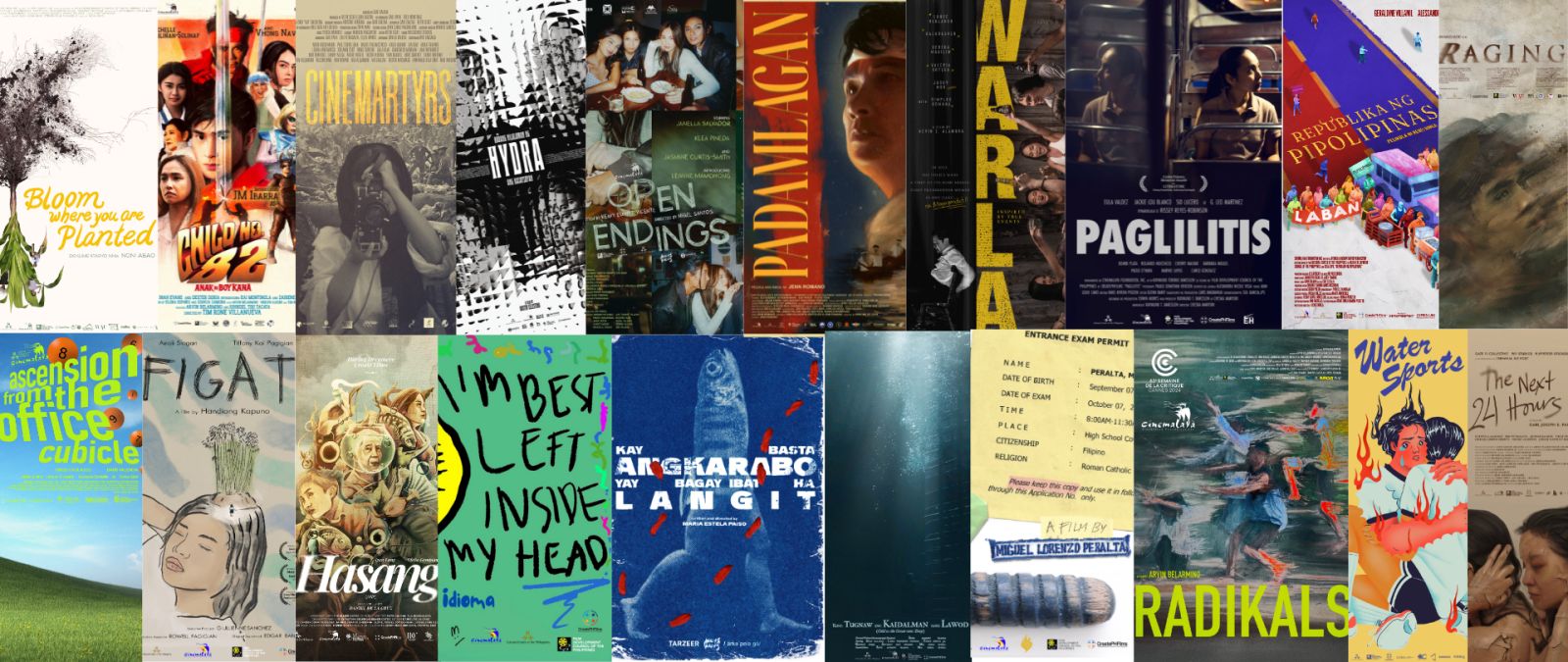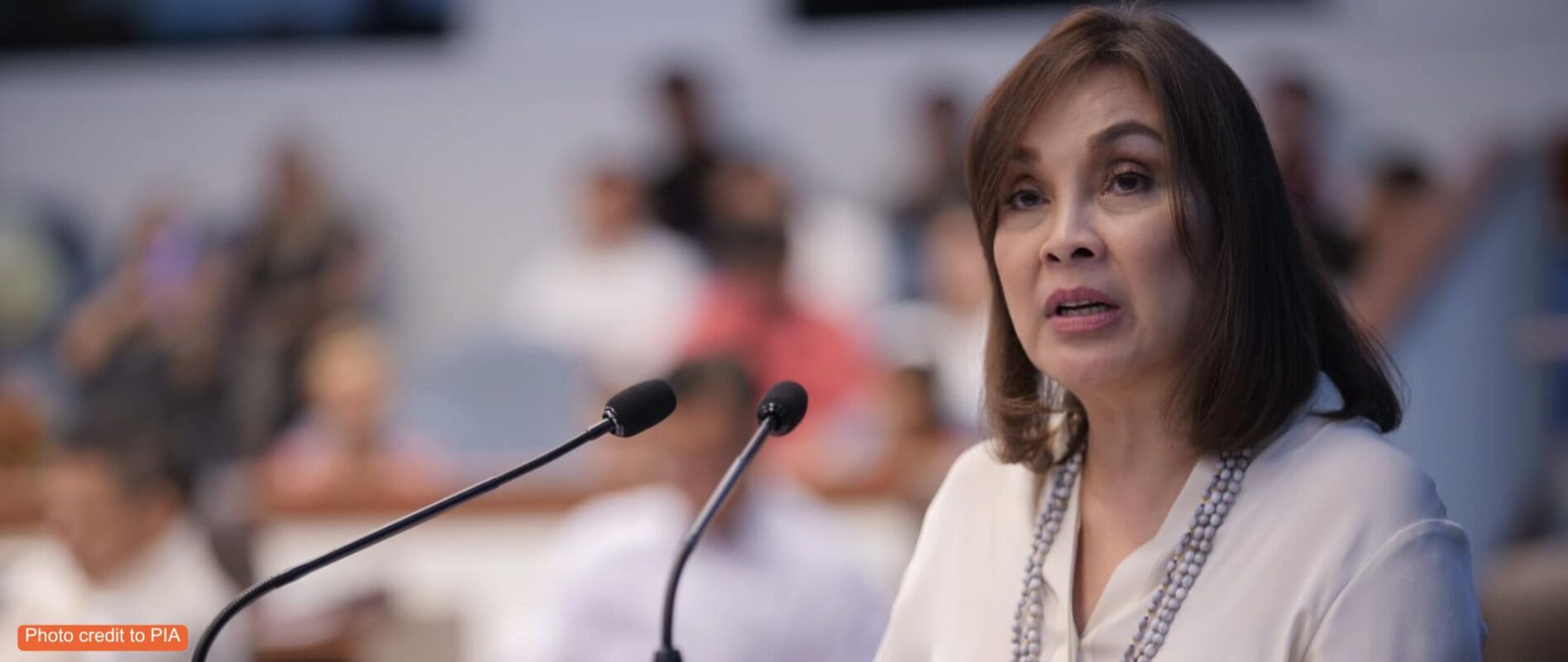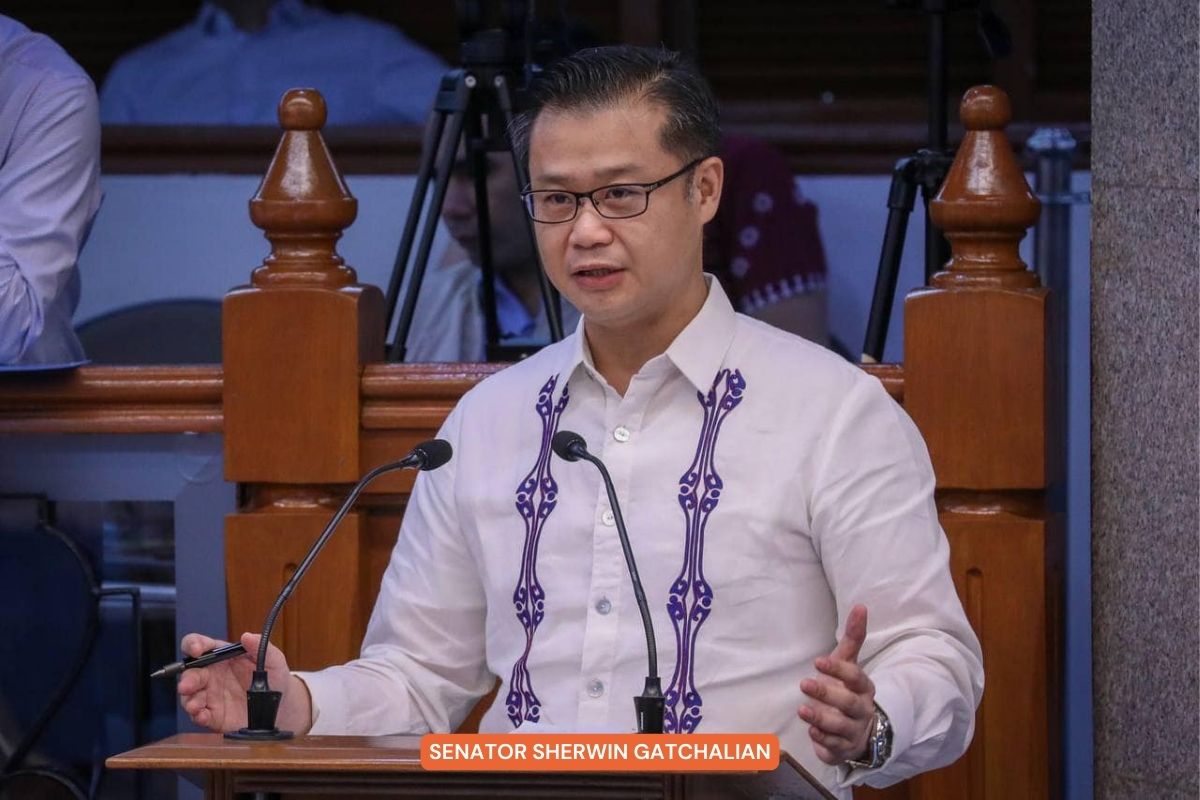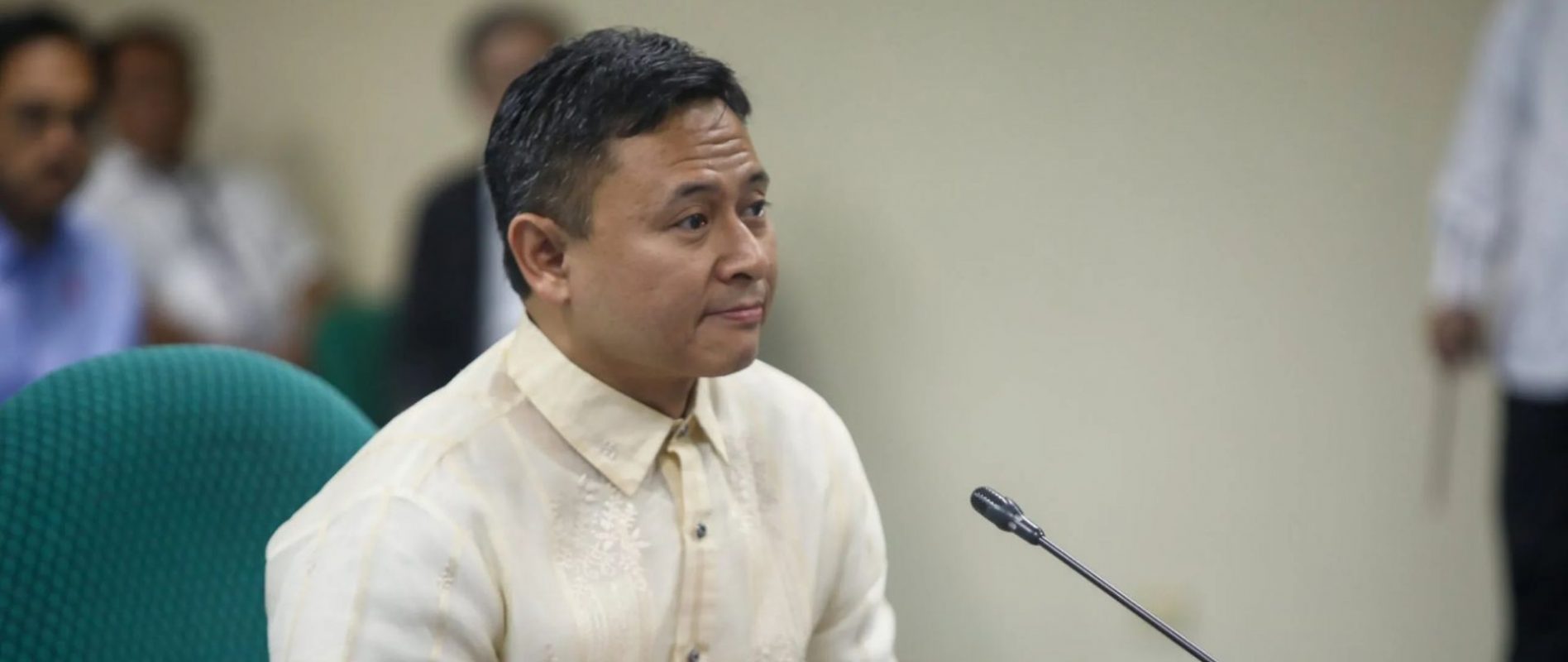ON LEARNING AND UNLEARNING: RE-READING EAT BULAGA’S ‘BAWAL JUDGMENTAL’ AND THE FILIPINO PSYCHE
The Philippines' "quick to judge" culture has to go, and it seems like the country's longest-running noontime show, Eat Bulaga may just be on to something with its latest socio-cultural experiment of a segment.
It’s an unfortunate reality that our society today is plagued with a mindset that’s quick to react and even quicker to judge, while being amplified by the power of social media. Sometimes we are so used to this practice that it’s almost instinctive to have an opinion on something or someone at first glance, not aware of our own prejudices. The younger generation would point their fingers to their parents, titos and titas, and blame them for the judgmental world that we grew up in. At the same time, the older generation would criticize the youth for being too open-minded or too liberal, with seemingly no regard for tradition.
Conflicts like this, so embedded in our culture and day to day life, could only be resolved through open discussion, and active listening from both sides. This is the rationale behind Eat Bulaga‘s “Bawal Judgmental” segment, a game where guests would have to rely on their own intuition, wits, and judging expertise, to guess which participant fits the criteria of the day. To put it simply, to win the game, one has to successfully deduce hints given, and judge people they just met minutes ago. It’s basically what we do everyday, but now with a cash prize in the end.
First aired in October 2019, the segment has had its fair share of controversial episodes, especially in such a huge platform as Eat Bulaga, which has been a part of the Filipino culture since 1979. Anything that happens on the program, in whichever segment, almost always gets the country’s attention. But now, with a segment dedicated to dissecting such sensitive topics such as coming out, mental health, and other supposedly “taboo” issues, paired with a cast of hosts, including some familiar names that have repeatedly been called out due to their insensitive and dated principles, the whole country is keeping watch.
But to give credit where it is due, it’s important to note how instrumental “Bawal Judgmental” has been in educating the Filipino people, especially the older generations which make up majority of the show’s audience. The show, with its over 41 years on air, has spearheaded a lot of cultural shifts in the country, and has been a significant factor in the evolution of the Filipino psyche. We saw this in the AlDub phenomenon that brought forth topics of family and love, the Juan For All segment which opened conversations with people from all backgrounds, and we see this now in “Bawal Judgmental”.
Some of the most memorable episodes of the segment featured a lesbian and gay couple, a gay man who came out on live TV, stories of people living with HIV, and understanding different mental health conditions, to name a few. Some, more grating than the other, but a grand platform that uncorks a number of open discussions. These controversial topics, that our society is so used to brushing under a rug and ignoring altogether, were surprisingly handled well by the show and its panel of hosts and guests.
Some episodes are even paired with an expert on the topic to give further knowledge and fill in the gaps within our own judgments, allowing for a holistic understanding of the issues at hand. Moreover, the participants’ individual stories also offer a very valuable piece of information to fully grasp the situation, and Eat Bulaga respectfully gives them ample time to share their experiences and hardships.
“Bawal Judgmental” has presented these topics in such a way that viewers, even those who would usually shy away from these discussions, are intrigued to discover what the correct answer is, and in the process, learn more than they bargained for. Of course, it’s problematic in itself that the struggles and realities that people face within the LGBTQ+ community, and individuals with disabilities, and health conditions are paraded on national TV for entertainment’s sake. However, it is also important to realize that perhaps, in a country so entranced by spectacles and paraphernalia, this is an effective route to take towards progress. It successfully packages hard pills to swallow in a more friendly manner, allowing for awareness and empathy to spread.
We see progress in the tears of the live audience who understand the guests a little better, and we see it in the #BawalJudgmental tag that regularly becomes a trending topic whenever the segment is on air. The segment has become an avenue for opening up tough conversations in society, and though it does have its own faults, it has made a huge step towards radicalizing and unlearning our own biases and preconceived judgments. But of course, with a revolutionary undertaking as this, it is not without its flaws.
Self-imposed break so I got to watch #BawalJudgmental today. Today's episode is a proof that no matter where you came from, no matter what you've been through. You have the power to turn your life around and achieve your goals. Kudos, #EatBulaga. ????
— Emily Precious Tiu (@theladyyoga) August 26, 2020
I really like what's on #BawalJudgmental! No to body shaming! We are all beautiful in our own ways and styles. We are all gorgeous inside and outside. We all deserve to be respected. Always remember, love always! ❤
— ًDingdong Dantes (@dongdantes_) August 21, 2020
The challenge now for Eat Bulaga, however, is to be mindful of the impact of their segment to society, and be more responsible with the way they tackle these themes. For starters, the show has to put weight on the words their hosts say on live TV, and hold them accountable for offensive comments they make. As mentioned before, this decades-old show is no stranger to the internet’s cancel culture, especially with several hosts that just doesn’t seem to have a filter with their words. On top of that, Bawal Judgmental now has the responsibility to have even more honest discussions with the Philippines, and they should continue to find more effective and respectful ways to do that without ridiculing or sensationalizing real life issues.
We have a long way to go from having a country that opts to understand before forming an opinion, but it’s a hopeful sight to see how more and more people are broadening their minds through the show. If all goes well, we might just be on our steady climb towards a more inclusive, respectful, and empathizing Philippines.



